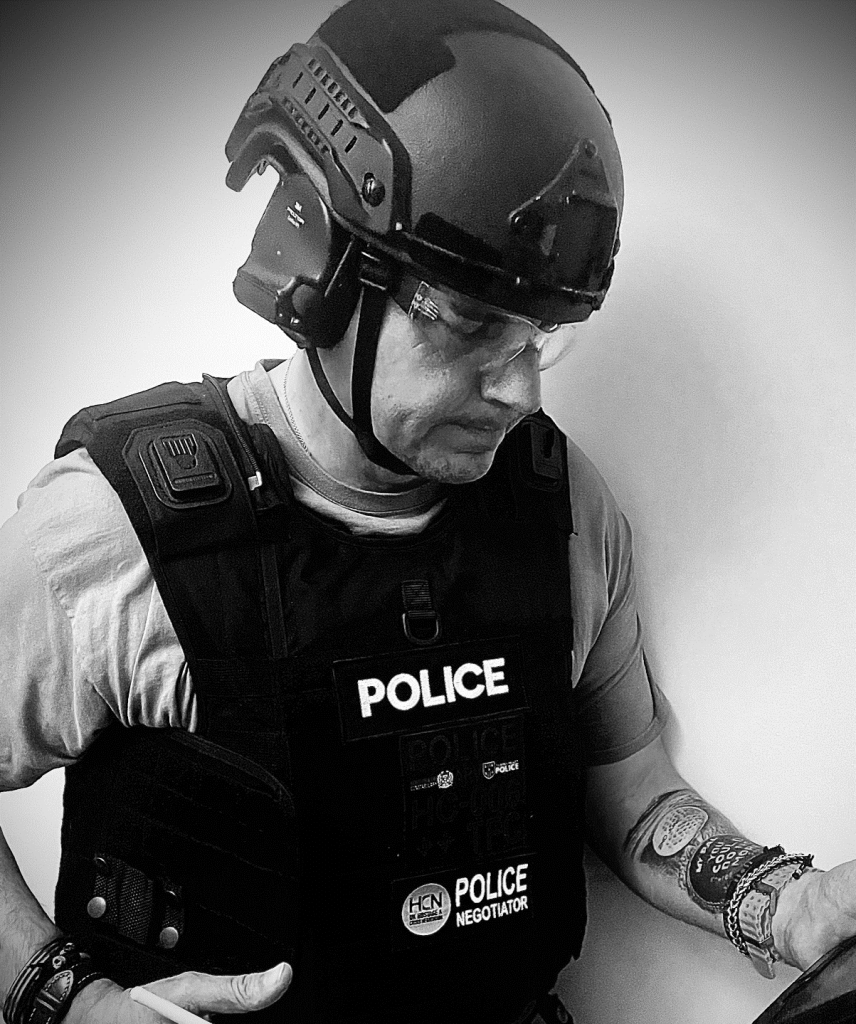
Hear about working for us: Hostage & Crisis Negotiator, Inspector John
We sat down with Inspector John of the Hostage & Crisis Negotiator Unit to delve into the vital role they perform.
Can you tell us about the Hostage and Crisis Negotiator Unit?
Our unit provides assistance locally, nationally, and internationally, 365 days a year. There are five distinct teams across the force, each led by a team leader/coordinator/tactical advisor, supported by a deputy and three additional negotiators. It is a role that we take on in addition to our ‘day jobs’.
What kind of incidents are you deployed to?
We handle a wide range of incidents that many of our colleagues may never encounter. In recent years, we have assisted in hijackings at sea, kidnappings in the Belgian Congo, domestic sieges, high-risk public order incident and firearms deployments.
If there’s such a thing as an ‘everyday incident’, it could be a person in crisis on a bridge over the M3, or on the top of the cliffs on the Isle of Wight. It could be talking to a high-risk missing person on the phone, talking through various issues and the fact they have been reported as missing shows that people care. Alternatively, it could be a firearms siege, or an incident where someone feels that their life has fallen apart and they are threatening to harm themselves with a shotgun. We try to get the message across that suicide is a permanent solution to a temporary problem. We look at it from the perspective of a chat with mate down the pub, but with a police oversight.
Recently, we assisted in the successful resolution of a siege in Stanmore, Winchester, before CTSFOs (Counter Terrorism Specialist Firearms Officers) were deployed.
Thankfully, the vast majority of our cases are resolved without injury to the victims, our colleagues or the subjects.
What made you want to become a negotiator?
As police officers, we help people on a daily basis but when you are literally talking someone back from the precipice, you are literally saving their life and the impact you can have on them and their family can be massive.
The team was responsible for talking down a man who had been stood on the edge of a roof on top of a 16-storey car park in Southampton. Taking over 14 hours to achieve was stressful and tiring but speaking to the man’s family a few days later, hearing how well he was responding to treatment, and that he had spoken more to his wife in the past 24 hours than he had done in the previous 12 months made the team effort all the more worthwhile.
So, there’s a lot of job satisfaction?
After 28 years in the force and 12 years as a negotiator, I can honestly say that this is the most rewarding role I have performed within the force.
As a tactical firearms commander and public order commander and having spent the majority of my service in uniform, through being a negotiator I have been exposed to a various sides of the organisation and have worked alongside surveillance units, firearms units, public order teams and other assets in very challenging situations.
However, leading a team that attends incidents and then genuinely prevents a hostage being seriously assaulted or saving the life of a person in genuine crisis, then quietly walking away knowing what we have achieved on a regular basis is what makes it worthwhile but it’s always about the team, not the individual.
For a stressful position such as this, what support is available?
The unit is a really supportive team and all negotiators have an annual psychological screening test. There’s also the option to say ‘I’ve had a bad week or I have personal issues going on and I need to stand down for a week or two.’
By joining the police, you could have the chance to specialise in roles like the Hostage & Crisis Negotiator Unit. Ready to start your journey? Apply now –
Officer Recruitment – Police Constable & Detective Constable –
Neighbourhood Officer
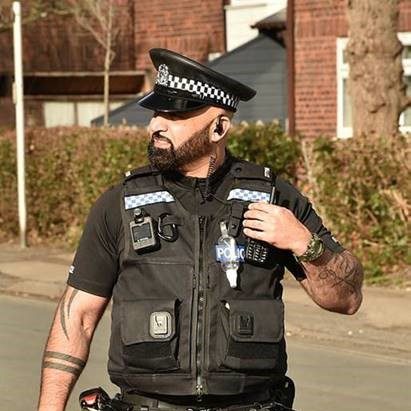
Hear about Joseph’s role as a ‘Local Bobby’, Designed Neighbourhood Officer for Totton Neighbourhood Police Team.
As well learning more about the work Joseph does for our Black, Ethnic and Minority (BEAM) support network.
Police Constable
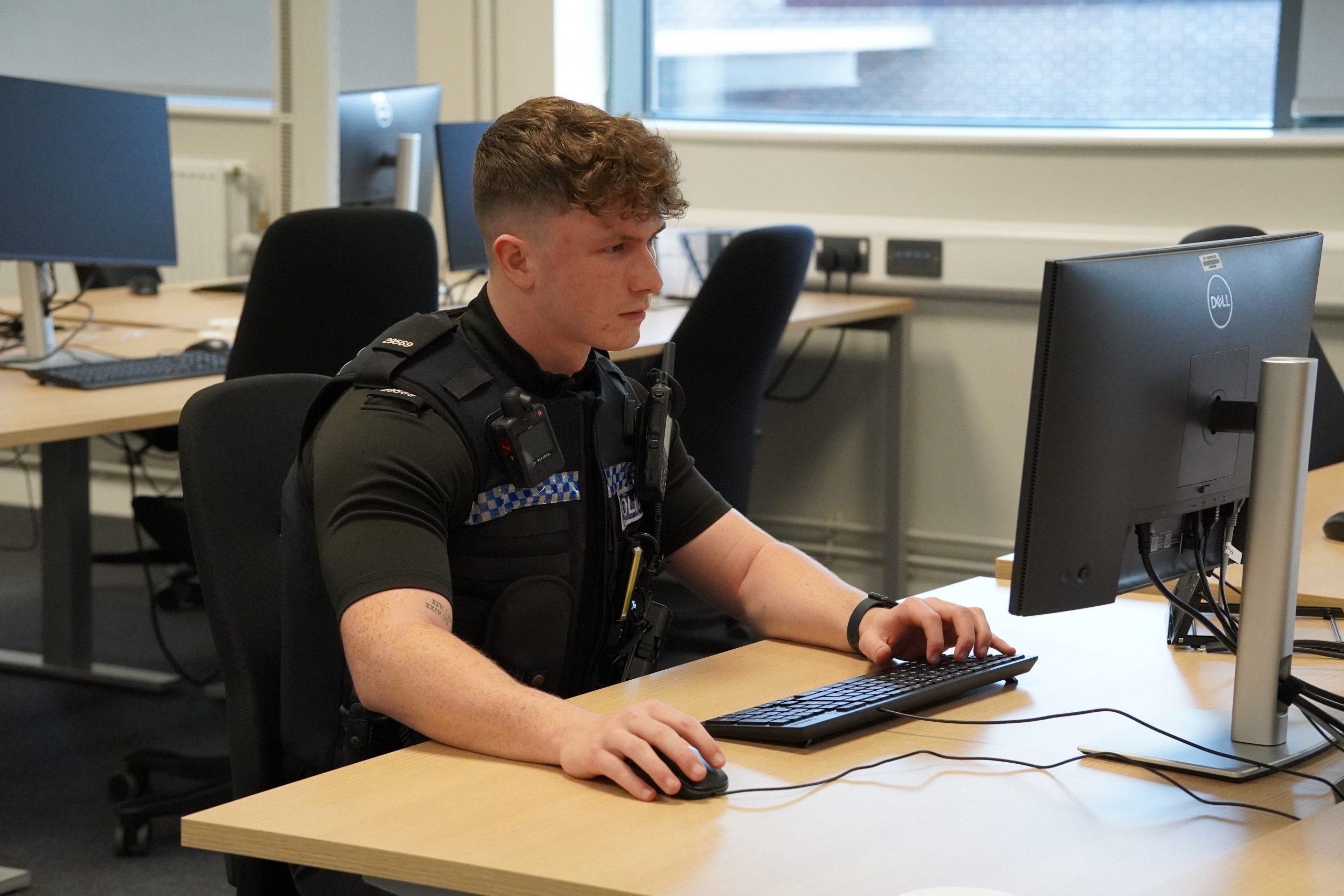
Owen started his career in policing at just 18 years old.
Prior to joining, Owen gained
valuable experience through various part-time roles, including pub and warehouse work, building people skills, resilience, and professionalism.
Contact Management
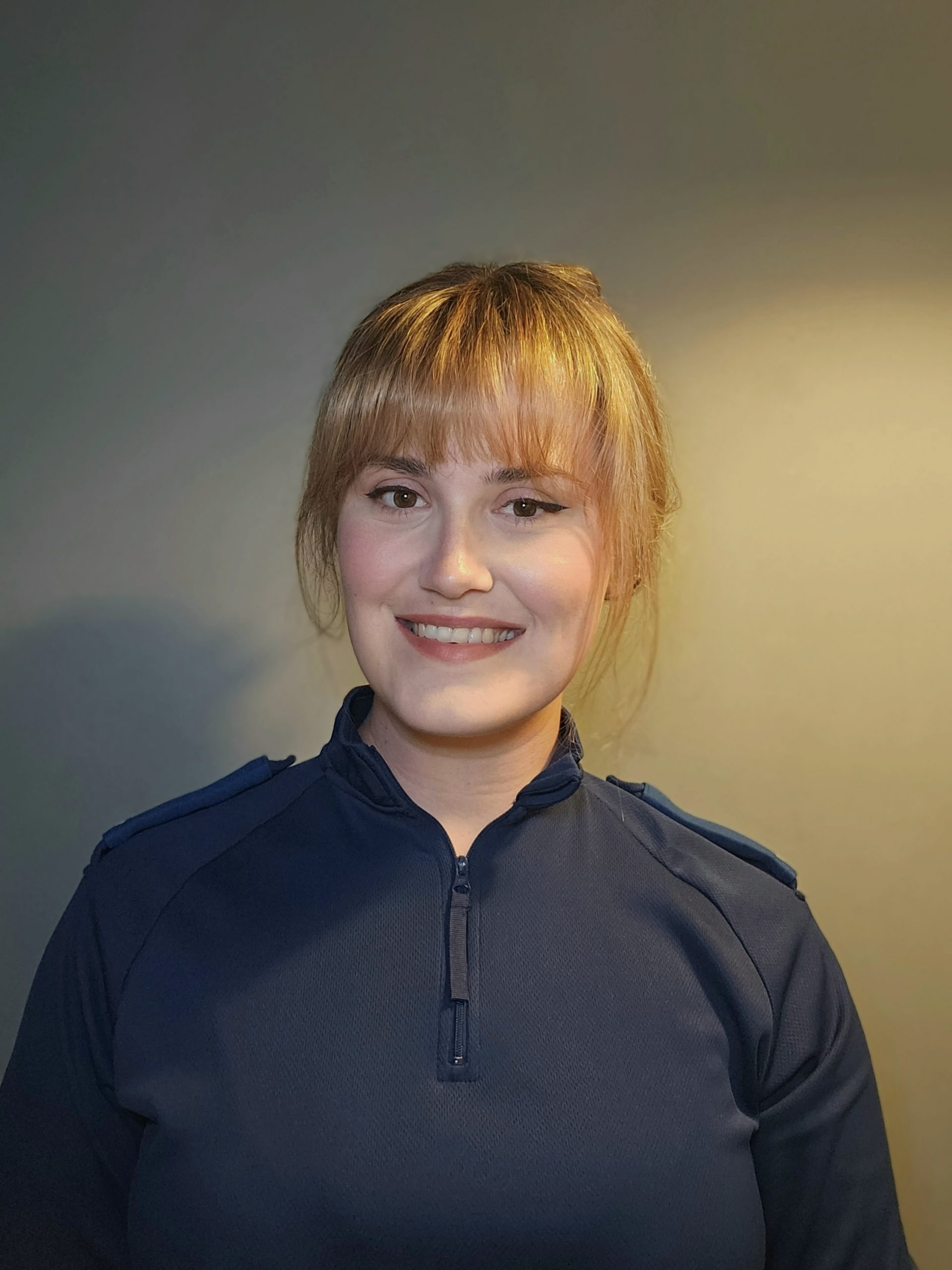
The Hampshire and Isle of Wight constabulary would not function without the dedication of its incredible non-officer staff.
We spoke to Naomi in the Contact Management department about the vital role she plays in Policing.
Dog Handler
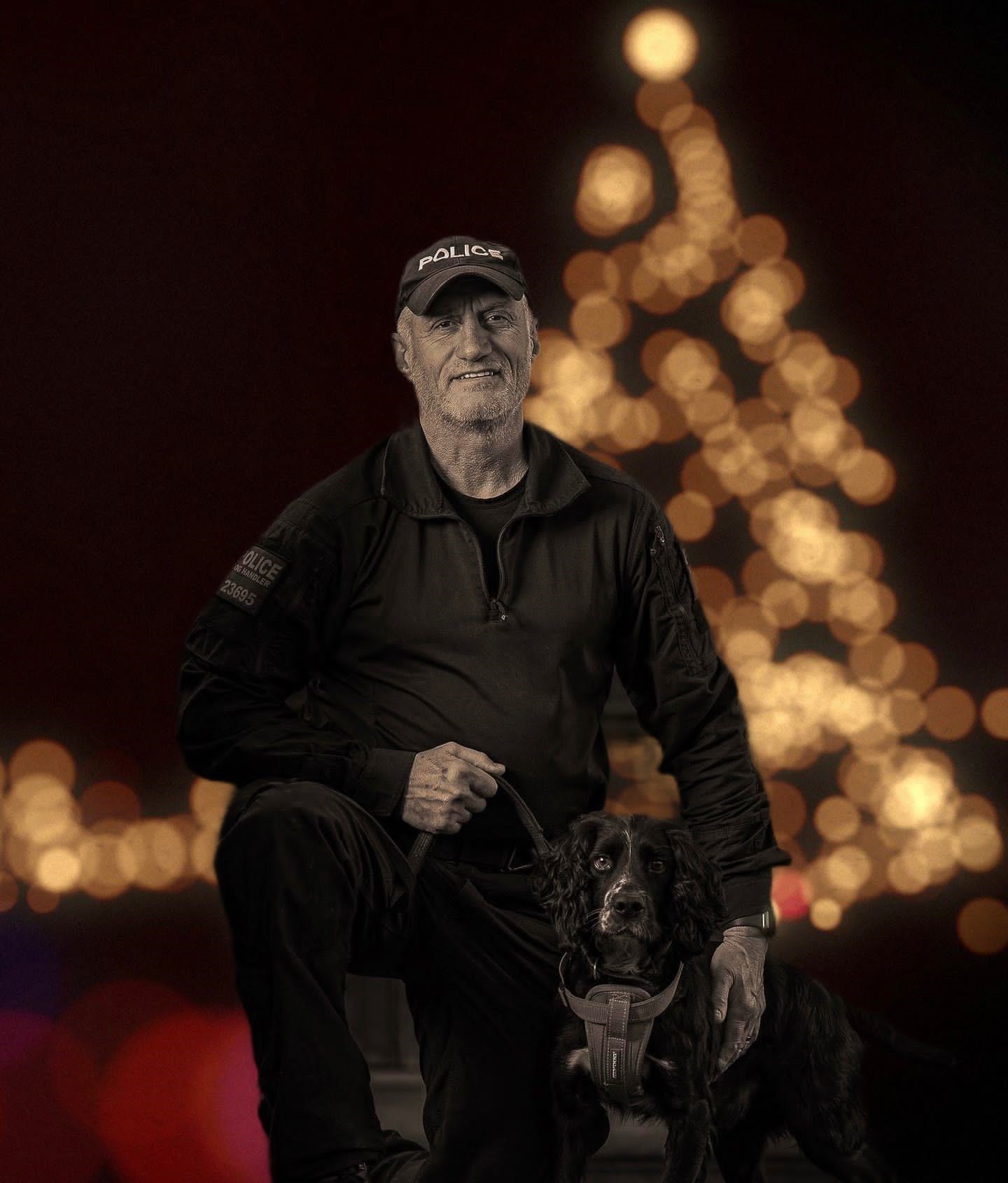
We caught up with Neal, former Royal Military Police and now police dog handler in Hampshire and the Isle of Wight Constabulary about the transition from the military to the Constabulary.
